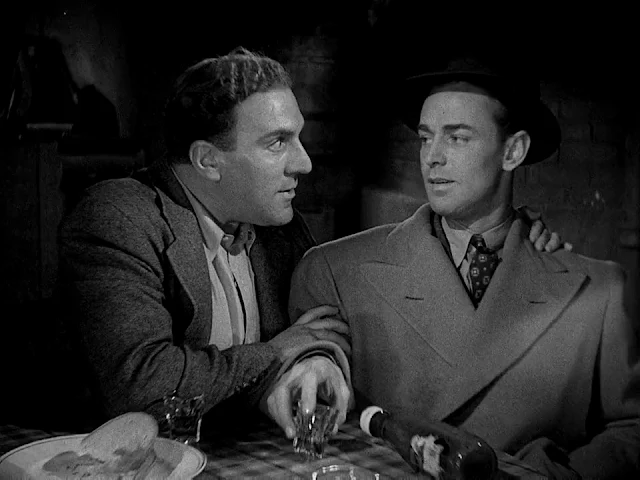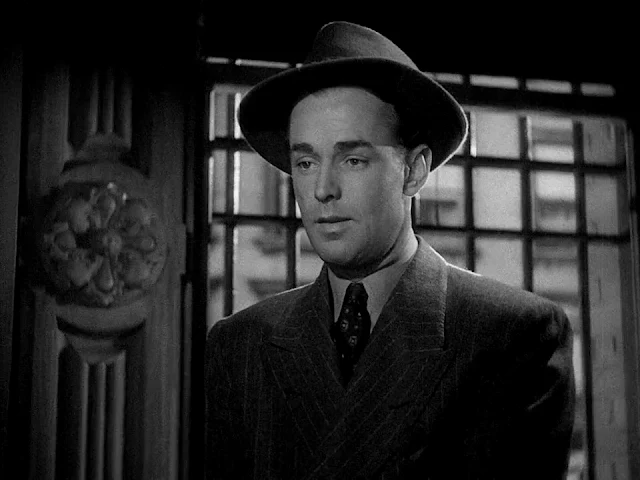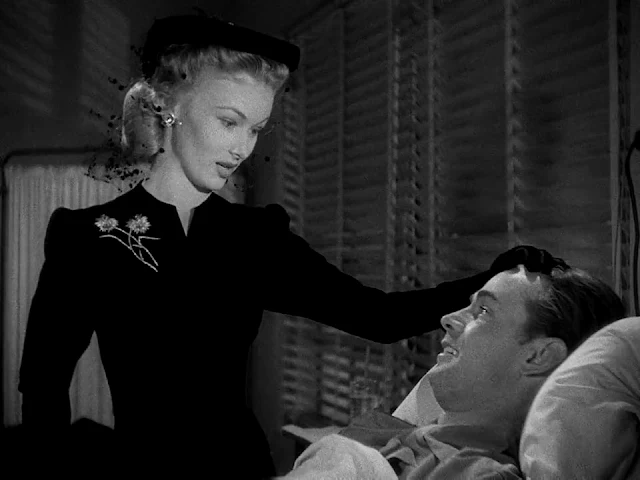A blog formerly known as Bookishness / By Charles Matthews
"Dazzled by so many and such marvelous inventions, the people of Macondo ... became indignant over the living images that the prosperous merchant Bruno Crespi projected in the theater with the lion-head ticket windows, for a character who had died and was buried in one film and for whose misfortune tears had been shed would reappear alive and transformed into an Arab in the next one. The audience, who had paid two cents apiece to share the difficulties of the actors, would not tolerate that outlandish fraud and they broke up the seats. The mayor, at the urging of Bruno Crespi, explained in a proclamation that the cinema was a machine of illusions that did not merit the emotional outbursts of the audience. With that discouraging explanation many ... decided not to return to the movies, considering that they already had too many troubles of their own to weep over the acted-out misfortunes of imaginary beings."--Gabriel García Márquez, One Hundred Years of Solitude
Search This Blog
Showing posts with label Veronica Lake. Show all posts
Showing posts with label Veronica Lake. Show all posts
Thursday, October 3, 2019
The Glass Key (Stuart Heisler, 1942)
The Glass Key (Stuart Heisler, 1942)
Cast: Alan Ladd, Brian Donlevy, Veronica Lake, William Bendix, Bonita Granville, Joseph Calleia, Richard Denning, Frances Gifford, Donald MacBride, Margaret Hayes, Moroni Olsen, Eddie Marr, Arthur Loft, George Meader. Screenplay: Jonathan Latimer, based on a novel by Dashiell Hammett. Cinematography: Theodor Sparkuhl. Art direction: Haldane Douglas, Hans Dreier. Film editing: Archie Marshek. Music: Victor Young, Walter Scharf.
There's something a little febrile about The Glass Key, and I don't just mean the movie -- it' s inherent in Dashiell Hammett's novel, too. The movie heightens it with the casting of Veronica Lake, who always seems a little out of it in her movies, on which she often clashed with directors and/or stars. And William Bendix's sadistic thug has a special menace for those of us who remember him in his familiar sitcom role, as the working-class schlub in The Life of Riley. It was a breakthrough role for Alan Ladd as the semi-conscientious right-hand man to Brian Donlevy's shady politician. Ladd gets beaten into the hospital by Bendix, where he spends a lot of time doing what he does best: flirting, in this case with the nurse. He also flirts with Lake, as the daughter of Donlevy's political rival turned ally, as well as with Bonita Granville, as Donlevy's sister, and even the wife of the corrupt newspaper publisher who wants to frame Donlevy for murder. And so on, in a reasonably faithful translation of Hammett's book that only misses the author's dryly tough prose style.
Tuesday, September 10, 2019
I Married a Witch (René Clair, 1942)
Cast: Fredric March, Veronica Lake, Robert Benchley, Cecil Kellaway, Susan Hayward, Elizabeth Patterson, Robert Warwick. Screenplay: Robert Pirosh, Marc Connelly, based on a novel by Thorne Smith and Norman Matson. Cinematography: Ted Tetzlaff. Art direction: Hans Dreier, Ernst Fegté. Film editing: Eda Warren. Music: Roy Webb.
This somewhat over-frantic supernatural romantic comedy was the product of much friction during its preparation and filming, and it shows. At various points, Preston Sturges (as producer), Dalton Trumbo (as screenwriter), and Joel McCrea (as the male lead) were involved with it and left because of conflicts with director René Clair and actress Veronica Lake (who also fought with Fredric March after he took over the lead from McCrea, who had hated working with her a year earlier on Sturges's Sullivan's Travels). The premise is that two witches, Jennifer (Lake) and her father, Daniel (Cecil Kellaway), burned at the stake in 17th century Salem, have returned from the dead to haunt the descendant of the man who had them burned. He happens to be a gubernatorial candidate in Massachusetts, Wallace Wooley (March), who is also on the verge of marrying a shrewish snob played by Susan Hayward. Daniel casts a spell to give Jennifer a mortal form, whereupon she puts an end to the wedding but also falls in love with Wallace. Complications ensue in a brittle and occasionally rather cruel comedy in which no one either in front of or behind the camera seems to be working at top form.
Tuesday, January 26, 2016
Sullivan's Travels (Preston Sturges, 1941)
Let us now praise Joel McCrea, who never became an icon like Cooper or Gable or Grant or Stewart, but could always be relied on for a fine performance when the others weren't available. He starred in two of Sturges's best, the other one being The Palm Beach Story (1942), and gave solid and sometimes memorable performances for William Wyler (Dead End, 1937), Cecil B. DeMille (Union Pacific, 1939), Alfred Hitchcock (Foreign Correspondent, 1940), and George Stevens (The More the Merrier, 1943) before becoming a durable fixture in Westerns. His performance in the title role of Sullivan's Travels is just what the movie needed: an actor who could do slapstick comedy but turn serious when necessary, a task that among major stars of the era perhaps only Cary Grant and Henry Fonda -- the Fonda of Sturges's own The Lady Eve (1941) -- were also really good at. The genius of Sullivan's Travels is that its serious parts jibe so well with its goofy ones. As Sturges has characters warn Sullivan at the beginning of his scheme to pose as a hobo to get material for his turn as a "serious" director, poor people don't like to be condescended to. The pivotal scene of the film is the one in which the convicts go to a black church to watch a movie. It could have been an embarrassing display of the era's racial stereotypes, but Sturges handles it with tact and sensitivity, so that it becomes emotionally effective and brings home the dual points about charity and the need for humor without excessive sentimentality and preachiness. Sturges's usual gang of brilliant character players -- including William Demarest, Franklin Pangborn, Porter Hall, Eric Blore, and Jimmy Conlin -- are on hand. Sturges and McCrea found working with Veronica Lake a pain, but fortunately it doesn't show.
Subscribe to:
Comments (Atom)
















